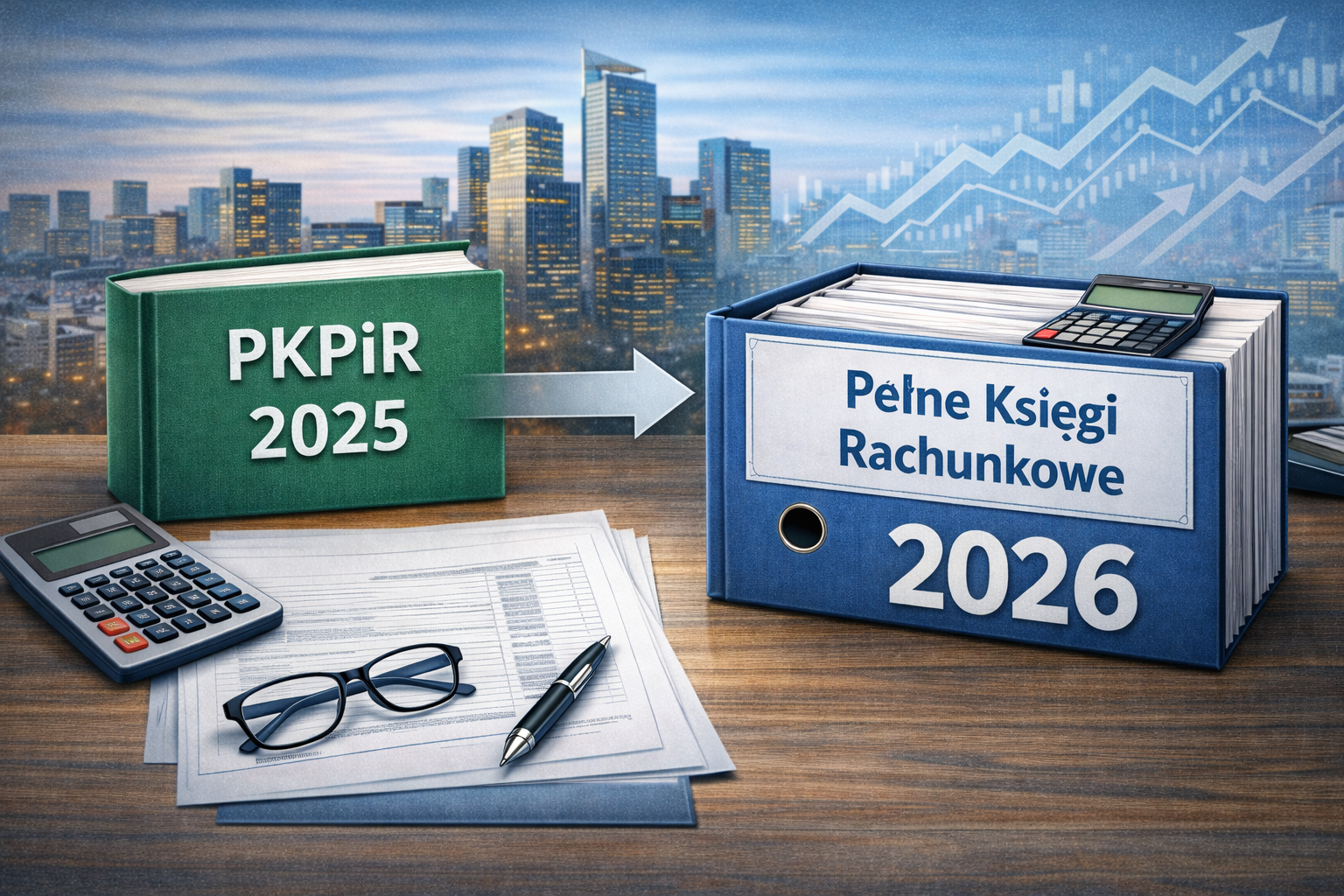Errors at work: legal and disciplinary consequences.
Mistakes at work – what threatens the employee?
An employee who makes mistakes at work may be liable on various levels:
1. Civil liability
Compensation for damage: The employee may be obliged to compensate the damage caused to the employer under the general principles of the Civil Code. Required Fault: An employee is liable for damage if he or she acted intentionally or unintentionally (e.g., through negligence). Causal link: There must be a causal link between the employee’s act or omission and the damage. Limitation of liability: There are circumstances that may exclude or limit the employee’s liability (e.g. force majeure).2. Disciplinary liability
Disciplinary penalties: The Labor Code provides for disciplinary penalties for violation of employee duties, e.g. warning, reprimand, termination. Procedure: Disciplinary penalties should be imposed in accordance with the procedure provided for in the work regulations or collective agreement.3. Criminal liability
In some cases, mistakes at work may constitute a crime, such as stealing your employer’s property. Examples from the Penal Code: Theft (Article 278), misappropriation (Article 284), exposing a person to danger (Article 160).4. Other types of liability
Liability for property damage: An employee may be liable for property damage caused to the employer. Liability for errors while working: An employee may be liable for errors made while performing his duties. Liability for health and safety violations: Violation of health and safety regulations may result in disciplinary, civil and even criminal liability.Important information:
The employee’s liability is assessed individually in each case. The circumstances of the event, applicable regulations and principles of justice should be taken into account. Court decisions and other legal acts (regulations, collective agreements) may influence the assessment of liability.Remember: Knowing your rights and obligations as an employee can protect you from the negative consequences of your mistakes.
Rate this post




